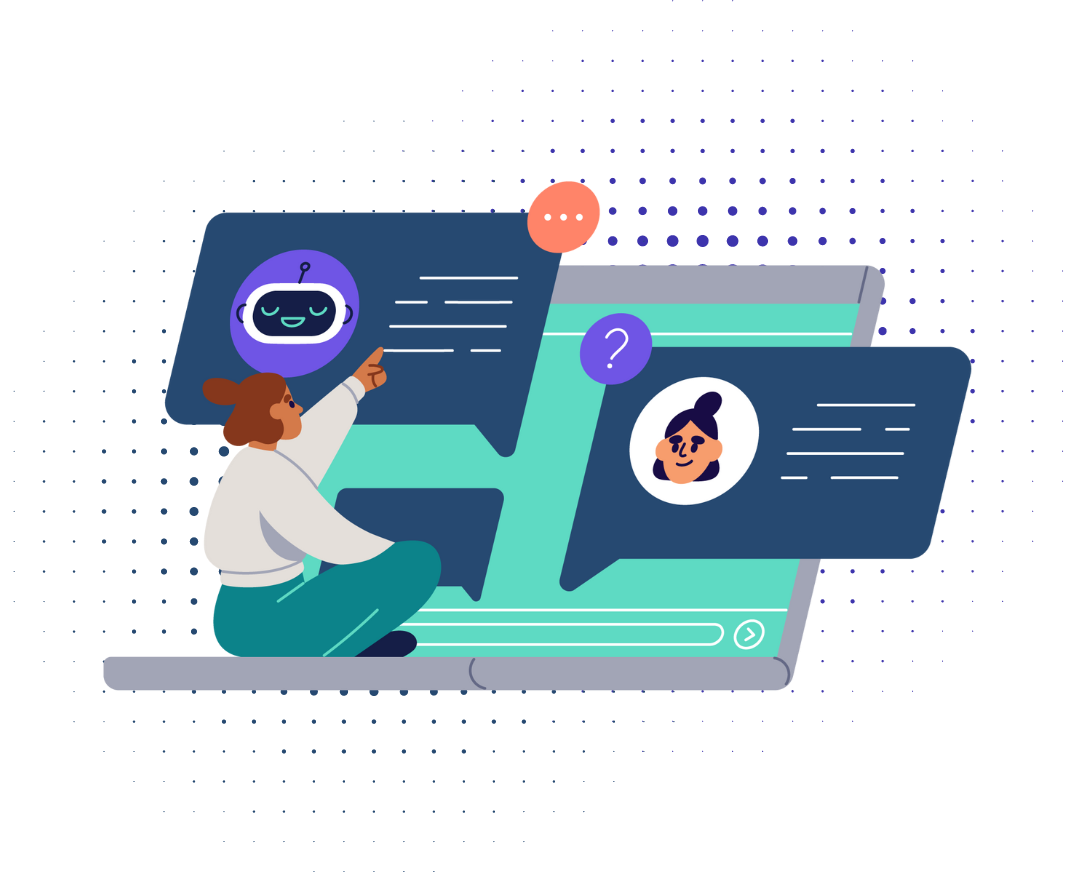Innovation is often a mix of skepticism and wonder. Consider the barcode; initially doubted for its success and then feared to automate workers out of their jobs. Today, more than 10,000 UPC barcodes are scanned every second. Such is the potential trajectory of AI, particularly generative AI.
Amazon CEO Andy Jassy agrees: “I think the opportunity and risk are pretty similar. There is this wildly transformative, disruptive technology in generative AI that you can’t get through any conversation without talking about.”
The business potential of AI
If used effectively, AI can be a competitive advantage and differentiator in all areas of business, including supporting organizations in their digital transformation and enterprise transformation initiatives. Some of the top-ranked value creation use cases of generative AI include developing marketing copy, writing employee policies, and generating financial reports and summaries. And this only scratches the surface. The Board Brief on Generative AI from Gartner® outlines some of the key revenue, cost, productivity, and risk opportunities for enterprises today:
Revenue:
- Product development
- New revenue channels: For example, by identifying new markets for expansion and expanding customer bases.
Cost and productivity:
- Long-term talent optimization: Employees will be distinguished by their ability to work in partnership with AI.
Process improvement: Gen AI can derive contextualized value from vast stores of content, such as documents and transcripts.
Risk and ESG:
- Risk mitigation: Gen AI can analyze vast amounts of data, improving data visibility and pattern recognition, and identifying potential risks more quickly.
Regulation compliance: Gen AI can help enterprises comply with sustainability regulations, mitigate the risk of stranded assets, and embed sustainability into decision-making and product design and processes.
Talent acquisition: With an improved approach to sustainability thanks to AI, organizations can attract more passionate individuals that may hold their positions for longer. A survey by IBM found that individuals are more likely to apply for jobs and accept positions at environmentally sustainable companies. These individuals are also willing to accept a lower salary for an organization that is proactive in its sustainability and social responsibility.
Enhancing customer value
The benefits of AI are cyclical; the above internal benefits enable organizations to be more proactive with their customer acquisition. Once a prospect is in the pipeline, businesses can then deliver further value to them throughout the customer lifecycle, such as:
- Personalization: According to a survey by Epsilon, 80% of consumers are more likely to make a purchase with brands that offer personalized experiences. AI enables this hyper-personalization by analyzing customer data and tailoring recommendations, services, and content accordingly.
- Efficient customer service: AI-powered chatbots and virtual assistants can be used to provide quick responses to simple customer inquiries, improving response times customer satisfaction rates. However, this should be considered carefully, as some reports have highlighted customer disappointment when interacting with chatbots.
- Enhanced accessibility: According to a Forbes article by Zendesk, there are many AI-based tools such as voice recognition and language translation services which make products and services more accessible to a diverse range of customers.
By focusing on these customer-centric AI applications, businesses can significantly enhance the value they offer to their customers. Happy customers, in turn, fuel this cycle of value by becoming loyal brand advocates, ensuring continued business success in an increasingly AI-integrated world.
Discover best practices to leverage AI for competitive advantage.
